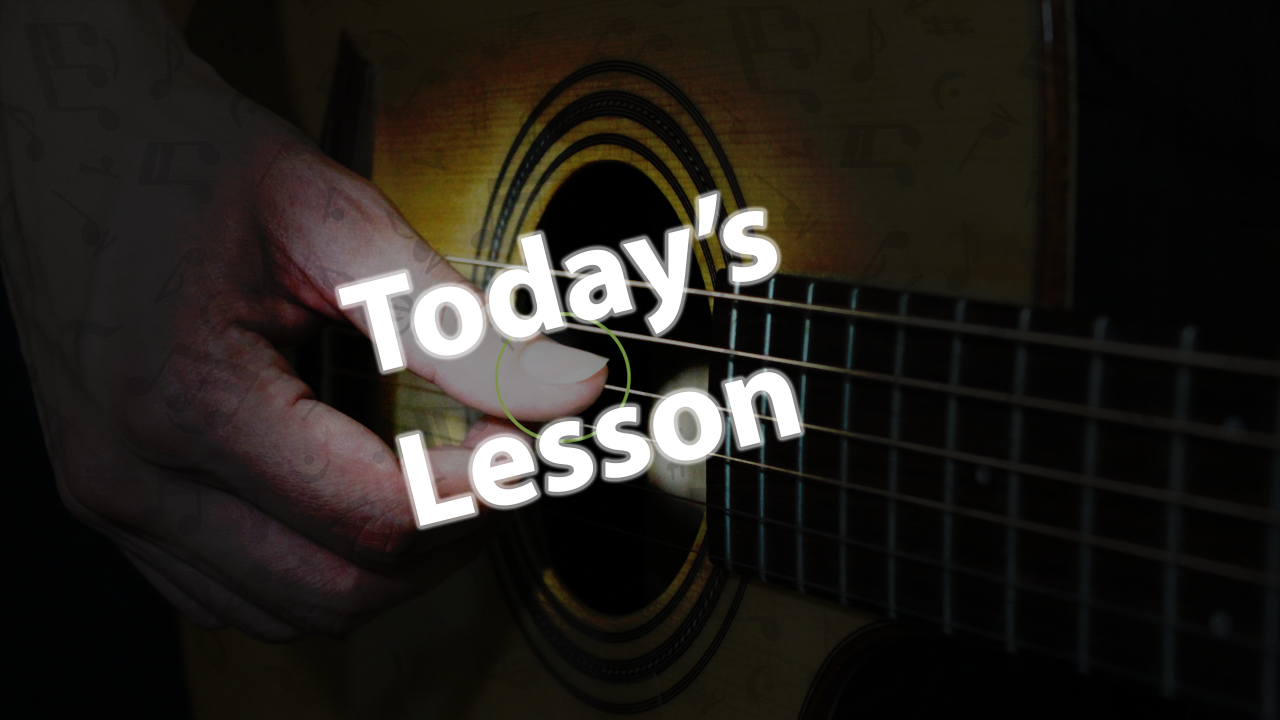Learning guitar scales is an essential part of becoming a proficient guitarist. Scales help you understand music theory, improve your technique, and enhance your overall playing ability. To make the most of your practice sessions, it’s crucial to have a structured routine in place. Here are some tips for creating an effective guitar scale practice routine:
Warm Up
Before diving into your scale practice, it’s important to warm up your fingers and hands. Spend a few minutes doing simple finger exercises or playing through a familiar song to get your muscles loosened up and ready to go.
Pick a Scale
Choose one scale to focus on during each practice session. This will allow you to really dive deep into the scale and understand its patterns and nuances. Start with a basic scale like the pentatonic scale and gradually work your way up to more complex scales.
Practice Slowly
When starting out with a new scale, it’s important to practice slowly and accurately. Focus on hitting each note cleanly and evenly, paying attention to your finger placement and picking technique. As you become more comfortable with the scale, you can gradually increase your speed.
Use a Metronome
A metronome is a valuable tool for improving your timing and rhythm when practicing scales. Start at a slow tempo and gradually increase the speed as you become more comfortable with the scale. This will help you develop a strong sense of timing and improve your overall playing ability.
Vary Your Practice
Don’t just play the scale up and down in a linear fashion. Mix things up by practicing different patterns, intervals, and sequences within the scale. This will help you develop a deeper understanding of the scale and improve your improvisational skills.
Apply the Scale
Once you feel comfortable with a scale, try applying it to actual music. Play along with backing tracks or jam with other musicians to see how the scale fits into different musical contexts. This will help you internalize the scale and make it a natural part of your playing.
By following these tips and staying consistent with your practice routine, you’ll be well on your way to mastering guitar scales and becoming a more well-rounded musician. Remember to stay patient and enjoy the process, as progress takes time and dedication. Happy practicing!


0 Comments